Learn more about the team of experts behind AEPS-3
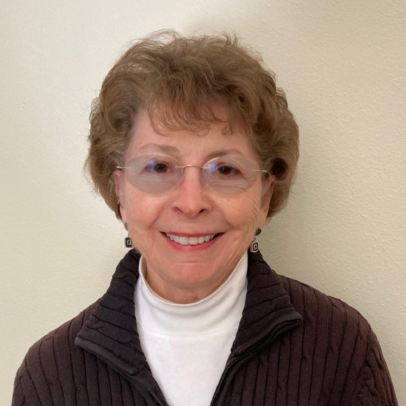 Diane Bricker, Ph.D., is Professor Emerita and Former Director at the Early Intervention Program in the Center on Human Development at the University of Oregon, Eugene. A groundbreaking visionary, her professional interests have addressed three major areas: early intervention service delivery approaches, curriculum-based assessment and evaluation, and developmental-behavioral screening. She has served as the lead developer of the AEPS system since its beginnings in the 1970s. Dr. Bricker is also a primary author of the Ages & Stages Questionnaires® (ASQ®) system, the Social-Emotional Assessment/Evaluation Measure, Research Edition (SEAM™), and the Environmental Screening Questionnaire, Research Edition, (ESQ™). She has co-written several books, including An Activity-Based Approach to Early Intervention, Fourth Edition; Developmental Screening in Your Community; and An Activity-Based Approach to Developing Young Children’s Social Emotional Competence. Dr. Bricker’s distinctions include the Division of Early Childhood, Council for Exceptional Children Service to the Field Award, December 1992, and the Peabody College Distinguished Alumna Award, May 1995.
Diane Bricker, Ph.D., is Professor Emerita and Former Director at the Early Intervention Program in the Center on Human Development at the University of Oregon, Eugene. A groundbreaking visionary, her professional interests have addressed three major areas: early intervention service delivery approaches, curriculum-based assessment and evaluation, and developmental-behavioral screening. She has served as the lead developer of the AEPS system since its beginnings in the 1970s. Dr. Bricker is also a primary author of the Ages & Stages Questionnaires® (ASQ®) system, the Social-Emotional Assessment/Evaluation Measure, Research Edition (SEAM™), and the Environmental Screening Questionnaire, Research Edition, (ESQ™). She has co-written several books, including An Activity-Based Approach to Early Intervention, Fourth Edition; Developmental Screening in Your Community; and An Activity-Based Approach to Developing Young Children’s Social Emotional Competence. Dr. Bricker’s distinctions include the Division of Early Childhood, Council for Exceptional Children Service to the Field Award, December 1992, and the Peabody College Distinguished Alumna Award, May 1995.
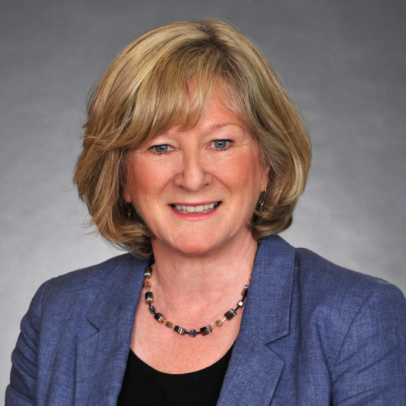 Carmen Dionne, Ph.D., is a Professor of Special Education at the University of Québec at Trois-Rivières (UQTR) in Canada. She led the Canada Research Chair in Early Intervention from 2005 to 2015 and served as Scientific Director of a research institute on intellectual disabilities and autism spectrum disorder. Dr. Dionne has served as Principal Investigator on numerous research studies focused on early intervention and early childhood special education. In 2016, she began work as a United Nations Educational, Scientific and Cultural Organization (UNESCO) Chair on screening and assessment of young children.
Carmen Dionne, Ph.D., is a Professor of Special Education at the University of Québec at Trois-Rivières (UQTR) in Canada. She led the Canada Research Chair in Early Intervention from 2005 to 2015 and served as Scientific Director of a research institute on intellectual disabilities and autism spectrum disorder. Dr. Dionne has served as Principal Investigator on numerous research studies focused on early intervention and early childhood special education. In 2016, she began work as a United Nations Educational, Scientific and Cultural Organization (UNESCO) Chair on screening and assessment of young children.
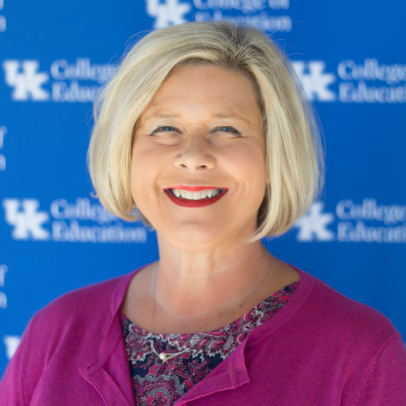 Jennifer Grisham, Ed.D., is Professor in the Interdisciplinary Early Childhood Education program at the University of Kentucky, Lexington. She is also Faculty Director of the Early Childhood Laboratory at the University of Kentucky, an inclusive early childhood program for children from birth to 5 years of age. Dr. Grisham has directed research projects on topics including linking assessment and instruction, early care and education program quality, and individualizing instruction for young children with disabilities. Dr. Grisham is the President of the EMRG Board and directed the nationwide field test for AEPS-3. She is also conducting research internationally on the tool. Dr. Grisham is the co-author of two books on inclusive practices, Blended Practices for Teaching Young Children in Inclusive Settings, Second Edition and Assessing Young Children in Inclusive Settings: The Blended Practices Approach, Second Edition. Dr. Grisham is co-founder of a children’s home and preschool program in Guatemala City, Hope for Tomorrow.
Jennifer Grisham, Ed.D., is Professor in the Interdisciplinary Early Childhood Education program at the University of Kentucky, Lexington. She is also Faculty Director of the Early Childhood Laboratory at the University of Kentucky, an inclusive early childhood program for children from birth to 5 years of age. Dr. Grisham has directed research projects on topics including linking assessment and instruction, early care and education program quality, and individualizing instruction for young children with disabilities. Dr. Grisham is the President of the EMRG Board and directed the nationwide field test for AEPS-3. She is also conducting research internationally on the tool. Dr. Grisham is the co-author of two books on inclusive practices, Blended Practices for Teaching Young Children in Inclusive Settings, Second Edition and Assessing Young Children in Inclusive Settings: The Blended Practices Approach, Second Edition. Dr. Grisham is co-founder of a children’s home and preschool program in Guatemala City, Hope for Tomorrow.
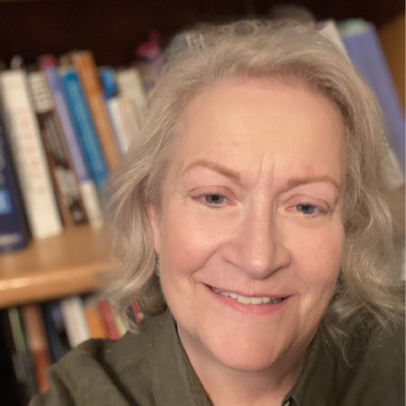 JoAnn (JJ) Johnson, Ph.D., is Emeritus Professor in Child and Family Studies at St. Cloud State University in Minnesota, where she retired from providing professional development education in early childhood education, early intervention, and early childhood special education. Dr. Johnson has worked at University Centers for Excellence in Developmental Disabilities in Louisiana, Oregon, and Nevada as Program Coordinator, Teacher, Service Coordinator, Grant and Contract Administrator, Director, Principal Investigator, and Instructor. Much of her career has focused on developing and refining assessment and curriculum systems to support the provision of services, interventions, and teaching for young children with disabilities, birth to age 6, and their families. Dr. Johnson has been involved with research and training for AEPS since her days as a graduate student at the University of Oregon. She is co-author of An Activity-Based Approach to Early Intervention, Fourth Edition.
JoAnn (JJ) Johnson, Ph.D., is Emeritus Professor in Child and Family Studies at St. Cloud State University in Minnesota, where she retired from providing professional development education in early childhood education, early intervention, and early childhood special education. Dr. Johnson has worked at University Centers for Excellence in Developmental Disabilities in Louisiana, Oregon, and Nevada as Program Coordinator, Teacher, Service Coordinator, Grant and Contract Administrator, Director, Principal Investigator, and Instructor. Much of her career has focused on developing and refining assessment and curriculum systems to support the provision of services, interventions, and teaching for young children with disabilities, birth to age 6, and their families. Dr. Johnson has been involved with research and training for AEPS since her days as a graduate student at the University of Oregon. She is co-author of An Activity-Based Approach to Early Intervention, Fourth Edition.
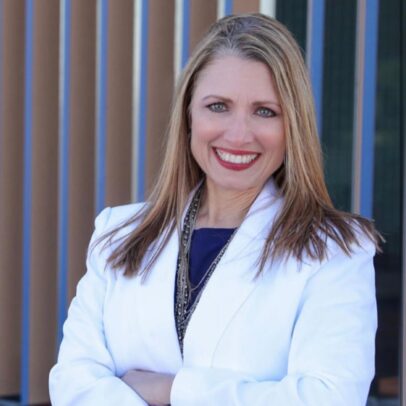 Marisa Macy, Ph.D., is a full professor in the College of Education in the School of Teacher Education at the University of Wyoming. She holds the John P. Ellbogen Foundation Professorship of Early Childhood Education. Dr. Macy has more than 25 years of experience as an educator. She started her career as a special education teacher in Washington, and she has served in teaching and research roles at a number of higher education institutions, including the University of Oregon, Penn State University, University of Texas, El Paso, University of Central Florida, and University of Nebraska Kearney where she held the Cille and Ron Williams endowed chair of Early Childhood Education, as well as community chair for the Buffett Early Childhood Institute. Dr. Macy is the Historian of the EMRG Board. She is a co-author of Developmental Screening in Your Community. Her research interests include assessment of children from birth to age 8 with delays, developmental screening, play, and personnel preparation.
Marisa Macy, Ph.D., is a full professor in the College of Education in the School of Teacher Education at the University of Wyoming. She holds the John P. Ellbogen Foundation Professorship of Early Childhood Education. Dr. Macy has more than 25 years of experience as an educator. She started her career as a special education teacher in Washington, and she has served in teaching and research roles at a number of higher education institutions, including the University of Oregon, Penn State University, University of Texas, El Paso, University of Central Florida, and University of Nebraska Kearney where she held the Cille and Ron Williams endowed chair of Early Childhood Education, as well as community chair for the Buffett Early Childhood Institute. Dr. Macy is the Historian of the EMRG Board. She is a co-author of Developmental Screening in Your Community. Her research interests include assessment of children from birth to age 8 with delays, developmental screening, play, and personnel preparation.
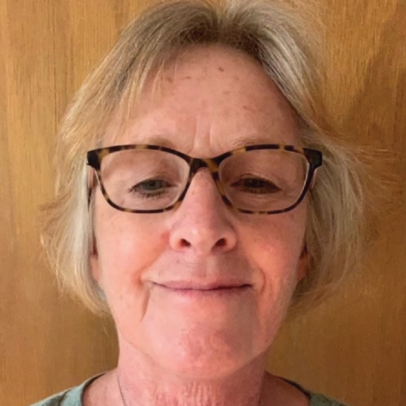 Kristine Slentz, Ph.D., is Professor Emerita, Department of Special Education and Education Leadership at the Woodring College of Education at Western Washington University, Bellingham. Dr. Slentz began her career in early intervention and early childhood special education with home visiting and classroom teaching with infants, toddlers, and preschoolers and progressed to directing a regional home-based early intervention program in Montana. Dr. Slentz’s involvement with AEPS began with the earliest versions of the system and continues today, including development, consultation, research, and training. Her areas of interest and expertise are assessment and evaluation, infant development, early intervention, and working within family contexts across cultures.
Kristine Slentz, Ph.D., is Professor Emerita, Department of Special Education and Education Leadership at the Woodring College of Education at Western Washington University, Bellingham. Dr. Slentz began her career in early intervention and early childhood special education with home visiting and classroom teaching with infants, toddlers, and preschoolers and progressed to directing a regional home-based early intervention program in Montana. Dr. Slentz’s involvement with AEPS began with the earliest versions of the system and continues today, including development, consultation, research, and training. Her areas of interest and expertise are assessment and evaluation, infant development, early intervention, and working within family contexts across cultures.
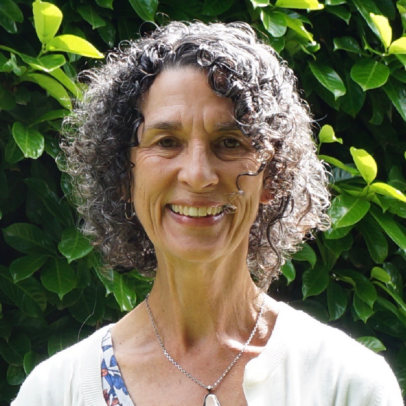 Misti Waddell, M.S., is Senior Research Assistant/Project Coordinator of the Early Intervention Program at the University of Oregon. She used AEPS in classroom settings early in her career and, since the early 1990s, contributed to the development and research of the second and third editions of AEPS. Her professional activities in curriculum-based assessment also focus on the social-emotional development of young children. She is a co-author of the Social-Emotional Assessment/Evaluation Measure, Research Edition (SEAM™). Ms. Waddell provides training for early childhood teachers, interventionists, and parents in developmental and social-emotional screening, assessment, and intervention.
Misti Waddell, M.S., is Senior Research Assistant/Project Coordinator of the Early Intervention Program at the University of Oregon. She used AEPS in classroom settings early in her career and, since the early 1990s, contributed to the development and research of the second and third editions of AEPS. Her professional activities in curriculum-based assessment also focus on the social-emotional development of young children. She is a co-author of the Social-Emotional Assessment/Evaluation Measure, Research Edition (SEAM™). Ms. Waddell provides training for early childhood teachers, interventionists, and parents in developmental and social-emotional screening, assessment, and intervention.
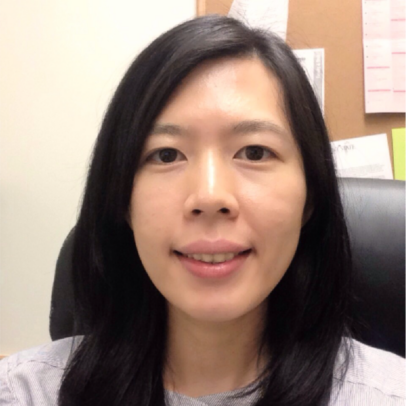 Ching-I Chen, Ph.D., is Associate Professor of Early Childhood Intervention at Kent State University. She is the lead translator of the traditional version of Ages & Stages Questionnaires® in Chinese, Third Edition (ASQ®-3 Chinese). Dr. Chen is the Secretary of the EMRG Board. She received her doctorate in early intervention/special education from the University of Oregon and was a university postdoctoral fellow at the University of Connecticut Health Center. Dr. Chen’s work focuses on the development and application of culturally and linguistically relevant assessments and personnel development in early childhood intervention.
Ching-I Chen, Ph.D., is Associate Professor of Early Childhood Intervention at Kent State University. She is the lead translator of the traditional version of Ages & Stages Questionnaires® in Chinese, Third Edition (ASQ®-3 Chinese). Dr. Chen is the Secretary of the EMRG Board. She received her doctorate in early intervention/special education from the University of Oregon and was a university postdoctoral fellow at the University of Connecticut Health Center. Dr. Chen’s work focuses on the development and application of culturally and linguistically relevant assessments and personnel development in early childhood intervention.
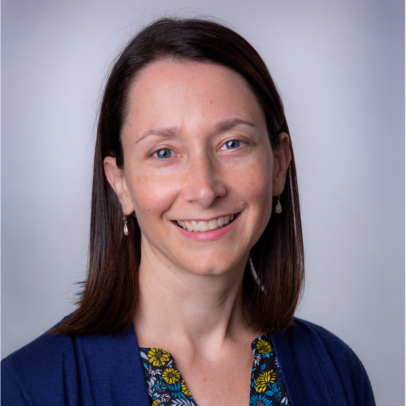 Naomi Rahn, Ph.D., is Assistant Professor of Special Education at the University of Wisconsin–Whitewater. She has worked as a preschool special education teacher with children having a range of needs and as an early interventionist providing services to infants and toddlers with special needs and their families. Dr. Rahn is co-author of An Activity-Based Approach to Early Intervention, Fourth Edition. While at the University of Oregon, she provided training on AEPS to programs around the country as part of an outreach training grant. She is the Treasurer of the EMRG Board. Her areas of interest include naturalistic intervention strategies, early language and literacy interventions, multi-tiered systems of support, and personnel preparation. Dr. Rahn’s research focuses on embedded vocabulary and language interventions for young children with disabilities and at risk for disabilities.
Naomi Rahn, Ph.D., is Assistant Professor of Special Education at the University of Wisconsin–Whitewater. She has worked as a preschool special education teacher with children having a range of needs and as an early interventionist providing services to infants and toddlers with special needs and their families. Dr. Rahn is co-author of An Activity-Based Approach to Early Intervention, Fourth Edition. While at the University of Oregon, she provided training on AEPS to programs around the country as part of an outreach training grant. She is the Treasurer of the EMRG Board. Her areas of interest include naturalistic intervention strategies, early language and literacy interventions, multi-tiered systems of support, and personnel preparation. Dr. Rahn’s research focuses on embedded vocabulary and language interventions for young children with disabilities and at risk for disabilities.